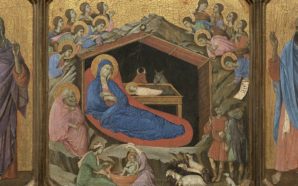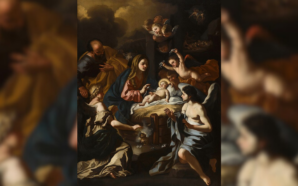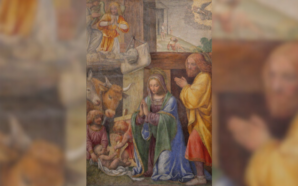22 February is Ash Wednesday
Ash Wednesday is not a stand-alone day. It is part of a process. It marks the beginning of Lent, which in turn prepares for the central Christian remembrance of Jesus’ death and rising from the dead at Easter. Belief in Jesus, who died and rose for our salvation, lies at the heart of Christian faith. It also takes us into the depth of our human life – our hope in a blessed life, its testing by rejection, isolation and painful death, and our hope vindicated by Jesus’ rising from death. To enter into these depths demands serious reflection.
Ash Wednesday is the gateway, suitably solemn, to the forty reflective days of Lent which culminate in the exuberant celebration of Christ’s Resurrection. The colour of church drapings and vestments changes from white and green to a sombre purple. Ash Wednesday also introduces a time of fasting and abstaining from animal foods. Fasting is common in many religions, usually associated with a serious focus on what matters most deeply in life. It is also associated with an awareness of sin and the desire to change one’s way of life. Ash Wednesday highlights these things. It takes its name from the practice of marking our foreheads with ashes.
The symbolic actions of taking off colourful dress, of fasting, of spending forty days in prayer, and of putting on ashes, echo central stories in Scripture. They recall the forty days that Jesus spent fasting and praying in the desert as he prepared for his life’s mission. For the first readers of the Gospels, too, this story would also call to mind the forty years that the People of Israel passed wandering in the desert as they awaited their entry to the Promised Land, and the forty days that Moses spent in prayer and fasting as he asked God to pardon the people for their rejection of God by worshipping a golden calf.
Ash Wednesday is a Christian celebration. But it speaks also to the situation and anxieties of all human beings. For modern Australians, it evokes events in our world which drive us to ask where we are heading as a nation and a world. The ashes evoke the violent bushfires associated with climate change, and confront us with the certainty that they will be more destructive and occur more regularly unless we address the causes of climate change. Our choices are to turn or burn. Ashes also evoke the horror of the atomic bombs that destroyed Hiroshima and more recently the effects of bombing in Ukraine. The path to peace, too, demands conversion and repentance.
Fr Andrew Hamilton SJ writes for Jesuit Communications and Jesuit Social Services.








